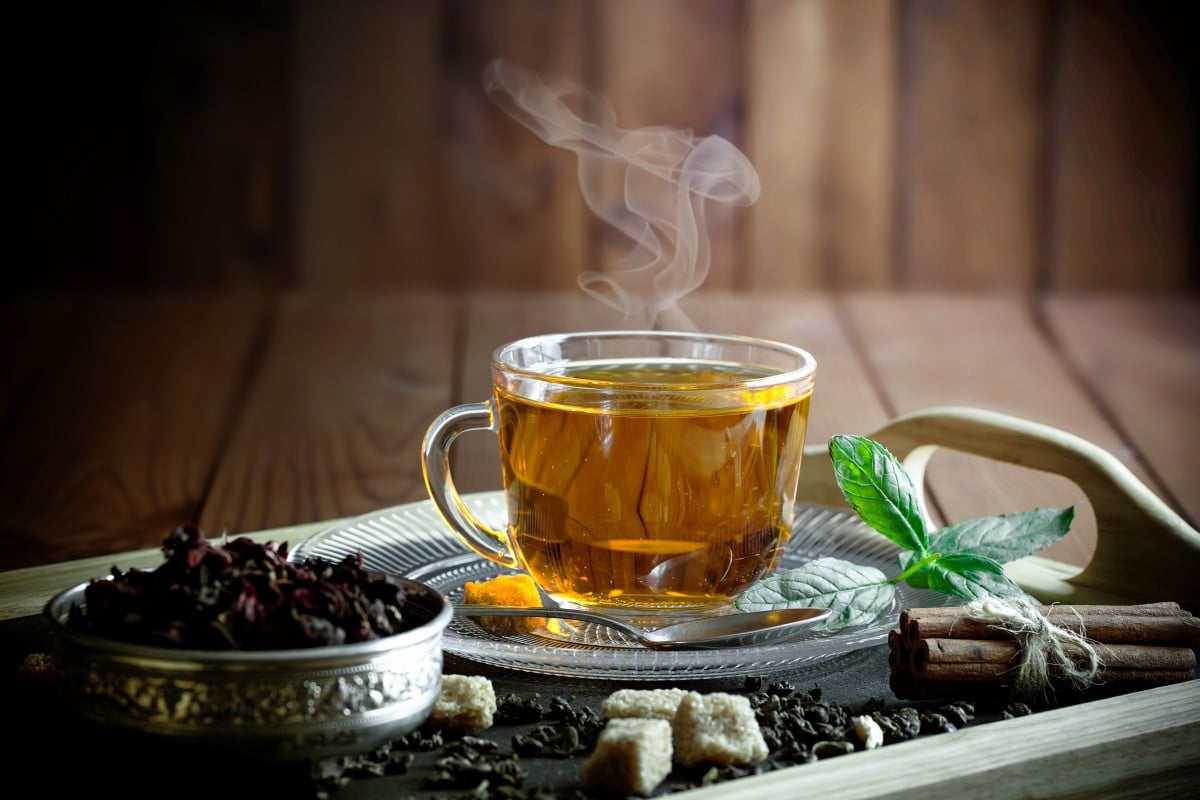
Tea drinkers enjoy possible health benefits, study suggests
- Scientists from the US National Cancer Institute followed nearly half a million tea-drinking adults in Britain for 14 years
- Study suggested higher tea intake was linked to modest benefits and a lower rate of death from heart disease
 Not only is a cup of tea relaxing, but it may be good for your health. Photo: Shutterstock
Not only is a cup of tea relaxing, but it may be good for your health. Photo: ShutterstockTea can be part of a healthy diet and people who drink tea may even be a little more likely to live longer than those who don’t, according to a large study.
Tea contains helpful substances known to reduce inflammation. Past studies in China and Japan, where green tea is popular, have suggested health benefits. The new study extends the good news to Britain’s favourite drink: black tea.
Scientists from the US National Cancer Institute used a large database project that asked about the tea habits of nearly a half million adults in Britain, then followed them for up to 14 years. They adjusted for risk factors such as health, socioeconomics, smoking, alcohol intake, diet, age, race and gender.
Higher tea intake – two or more cups daily – was linked to a modest benefit: a 9 per cent to 13 per cent lower risk of death from any cause vs. non-tea drinkers. Tea temperature, or adding milk or sugar, didn’t change the results.
The study, published on Monday in Annals of Internal Medicine, found the association held up for heart disease deaths, but there was no clear trend for cancer deaths. Researchers weren’t sure why, but it’s possible there weren’t enough cancer deaths for any effect to show up, said Maki Inoue-Choi, who led the study.
A study like this, based on observing people’s habits and health, can’t prove cause and effect.
“Observational studies like this always raise the question: Is there something else about tea drinkers that makes them healthier?” said Marion Nestle, a professor of food studies at New York University. “I like tea. It’s great to drink. But a cautious interpretation seems like a good idea.”
There’s not enough evidence to advise changing tea habits, said Inoue-Choi.
“If you drink one cup a day already, I think that is good,” she said. “And please enjoy your cup of tea.”